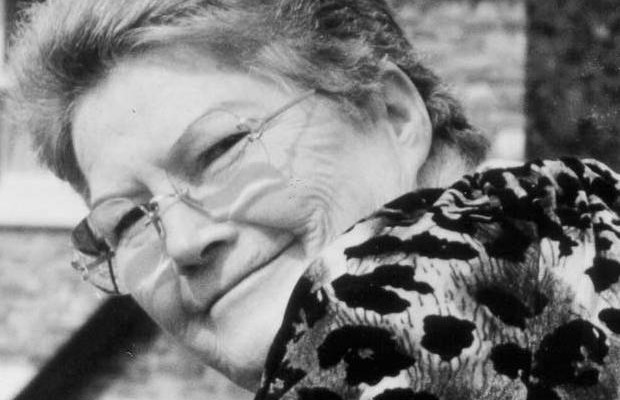Focus on the passing of Australian author Colleen McCullough last week was less on her long and successful career and instead on the appalling obituary published in The Australian. The phrase that launched a thousand Twitter hashtags was as simple as it was devastating: ‘Plain of feature, and certainly overweight, she was, nevertheless, a woman of wit and warmth.’
The outrage was deservedly widespread and vocal, with even Time magazine voicing disgust at the Murdoch press’s treatment of one of Australia’s most successful authors. And thus, McCullough-defending became a brief digital parlour game as #MyOzObituary provided the perfect outlet to while away a Friday afternoon.
I was personally grateful for the distraction, because the very name Colleen McCullough fills me with almost paralysing anxiety. For me, McCullough personifies my early failures as a young woman attempting their first, fledgling steps into feminist consciousness.
My mother was a nervous, beautiful woman from a working-class background in regional Victoria. To her, reading was a privilege: the eldest of three children, she was forced to leave school early so she could support her family when my grandfather became ill and fell into bankruptcy. Books were precious to her and she read anything. She was not discerning: be it Mills and Boon, Family Circle magazine or Evelyn Waugh, it was all voraciously consumed with equal passion. This in large part had a direct influence on the future career paths of my librarian sister, and my own increasing tendency to self-identify as a ‘writer’ (whatever that means anymore).
In her adult life, it is fair to say that my mother experienced some very real hardships beyond what I would consider ‘normal’ for a woman of her generation. This was a time where there was little of today’s self-help culture and its constant Oprah-fied drumbeat, where self-diagnosis is the suburban fashion du jour. Back then, simplistic phenomena like ‘mental breakdowns’ were still whispered about, discreetly discussed with a strange sense of awe as my mother and her friends convened around our Formica table, laden with glasses of Blue Nun and lemonade.
She read to cope – and she loved McCullough. I have a distinct memory of being forced to sit through seemingly never-ending repeats of Tim, An Indecent Obsession and – worst of all – The Thorn Birds miniseries whenever they were on television. I detested every moment.
It was only in my late teens that I developed a language to voice what I found so disquieting about what I then called ‘that sort of thing’, be it McCullough or any of the other myriad romance writers my mother poured endless time and money into.
With teeth only recently liberated from their braces, I vividly remember the feeling of my spit-and-crackle-filled mouth trying to work its way towards words like ‘patriarchy’ and ‘heteronormative’. Indoctrinated by some kind of textbook opinion about romance books being fundamentally regressive, I disregarded context and reception. I remember being dismissive of the pleasures my mother found in these books. And I recall being ashamed of them. That I thought ignoring the subjectivity of my mother’s lived experience somehow made me more of a feminist was a mistake, one I am embarrassed about today. But it is a lesson that has stayed with me, and I can now only think of feminism in the plural if it is to be relevant, vital and influential.
Am I championing McCullough as a feminist icon? Knowing so little about her work, I am by no means the ideal person to make this claim. What is not open to debate is that she worked hard and was razor-sharp. With her first career as a neuroscientist, her intellectual capacities speak for themselves. A proud McCullough fan, my local librarian at least is of the belief that McCullough penned the anonymous obituary herself before she passed away, it being so stylistically and tonally it is in keeping with the authors work and typical of her humour. A few people online have voiced similar theories, but as to their credibility one can only speculate.
Obituary brouhaha aside, McCullough’s legacy is that her books brought joy to many, many people. She addressed issues of class from a specifically Australian context, but most of all, she addressed love. In the epic romantic visions of her most popular books, she painted a world that captivated huge numbers of readers. McCullough should not be remembered as the victim of an insensitive obituary, because her value had nothing to do with her weight or her features. Colleen McCullough mattered to people who valued love, and I can think of no finer memorial.






